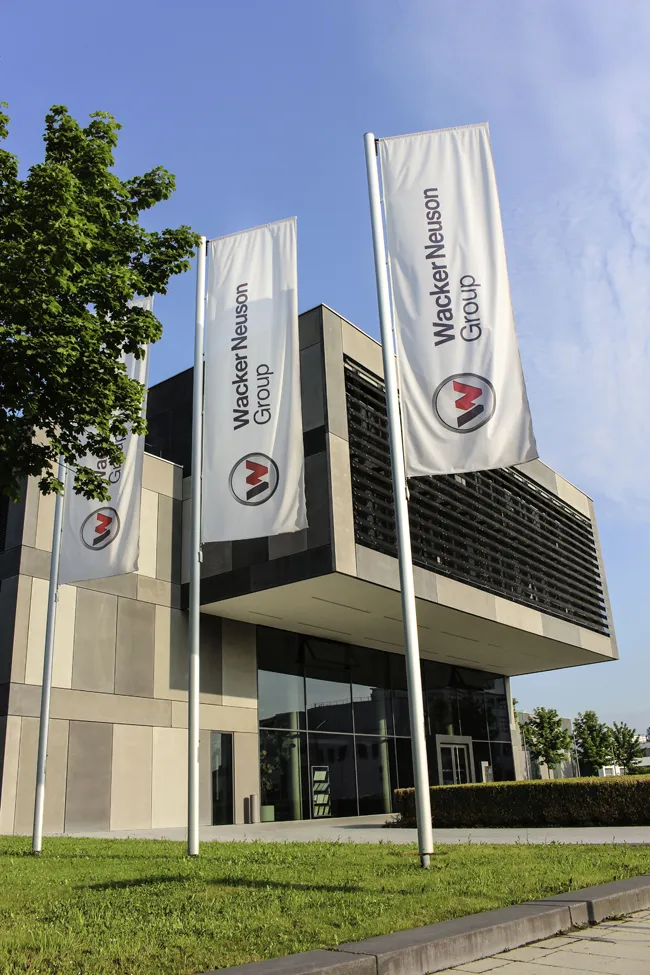
In 2018, growth was held back by bottlenecks in the global supply chain. “The situation here has eased considerably,” continued Lehner.
Profit before interest and tax (EBIT) for the first half-year rose 7.4% to €84.5 million compared with €78.7 million for the same period in 2018. At 8.9%, the EBIT margin was slightly lower than the prior-year level when it reached 9.5%. This result was squeezed by increased production and logistics costs as well as restructuring measures at the US plant in Menomonee Falls. Nevertheless, the Group expects the progress that it has already made in the US to have a positive impact on profitability in the second half of 2019 compared to the previous year.
The firm’s rise in revenue was fuelled by growth in all three reporting regions. Revenue for Europe, which accounts for almost three quarters of the Group total, rose 15.5% to €692.3 million compared with €599.2 million in 2018. This was driven by strong demand from the European construction industry and a well above-average boost to business with agricultural equipment. Revenue generated by Weidemann- and Kramer-branded wheel loaders and telescopic handlers was up 31.8% to €152 million, compared with €115.3 million in 2018.
Revenue in the Americas region amounted to €229.5 million, a rise of 13.7% over the €201.8 million in 2018. Adjusted for currency effects, this corresponds to an upturn of 7.2%.
Revenue for Asia-Pacific increased by 19.9% to €28.9 million, compared to €24.1 million for 2018. The Group continued to ramp up production at its plant in Pinghu, China, which it opened at the start of 2018. The OEM collaboration concluded with
Despite growing signs of an economic slowdown, rising levels of uncertainty and an increasingly challenging market environment in recent times, the firm says that its activities in key target markets are in good shape. Order intake remains at a high level.
The Group expects profitability for the second half of the year to be above the previous year’s level. Positive impetus is anticipated from the Americas in particular as this region reported a negative EBIT figure for the third and fourth quarters of 2018. “We are making good progress with our restructuring measures,” added Lehner. The executive board still expects the EBIT margin for 2019 as a whole to lie between 9.5% and 10.2%.





